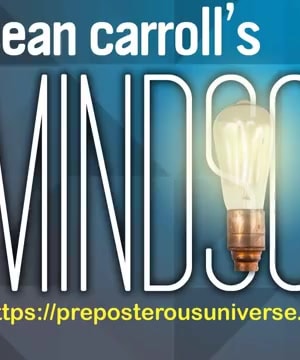Are algorithms truly unbiased?
Sources:
Algorithms are not inherently unbiased. Several experts elaborate on why this is the case and discuss potential solutions:
-
Human Influence: Algorithms are created by humans, and thus can inherit their biases. mentioned that Amazon's hiring algorithm exhibited bias because it was trained on historical data where successful candidates were predominantly men. Therefore, the algorithm inherently favored men over women 1.
-
Bias Through Data: Algorithms often reflect the biases present in their training data. highlighted that Amazon's algorithm became biased against women because historical data showed fewer successful female employees. Similarly, biases can appear in facial recognition technologies when they are developed by teams lacking diversity 2.
-
Scale and Impact: Biases in algorithms can scale up, affecting far more people than individual human biases would. pointed out that a biased algorithm used across the judicial system can affect millions, whereas a biased judge impacts fewer individuals. Therefore, while algorithms can potentially be less biased than humans, their widespread application amplifies the consequences of any biases they do have 3 4.
-
Fighting Bias: Awareness and active efforts are crucial to mitigate algorithmic bias. emphasized that data scientists must think beyond mere accuracy and consider fairness when developing algorithms. Different contexts may require different definitions of fairness, making it a complex but necessary task 5.
Overall, while algorithms can and often do exhibit bias, acknowledging these biases and implementing checks and balances can help mitigate their impact.
RELATED QUESTIONS-
